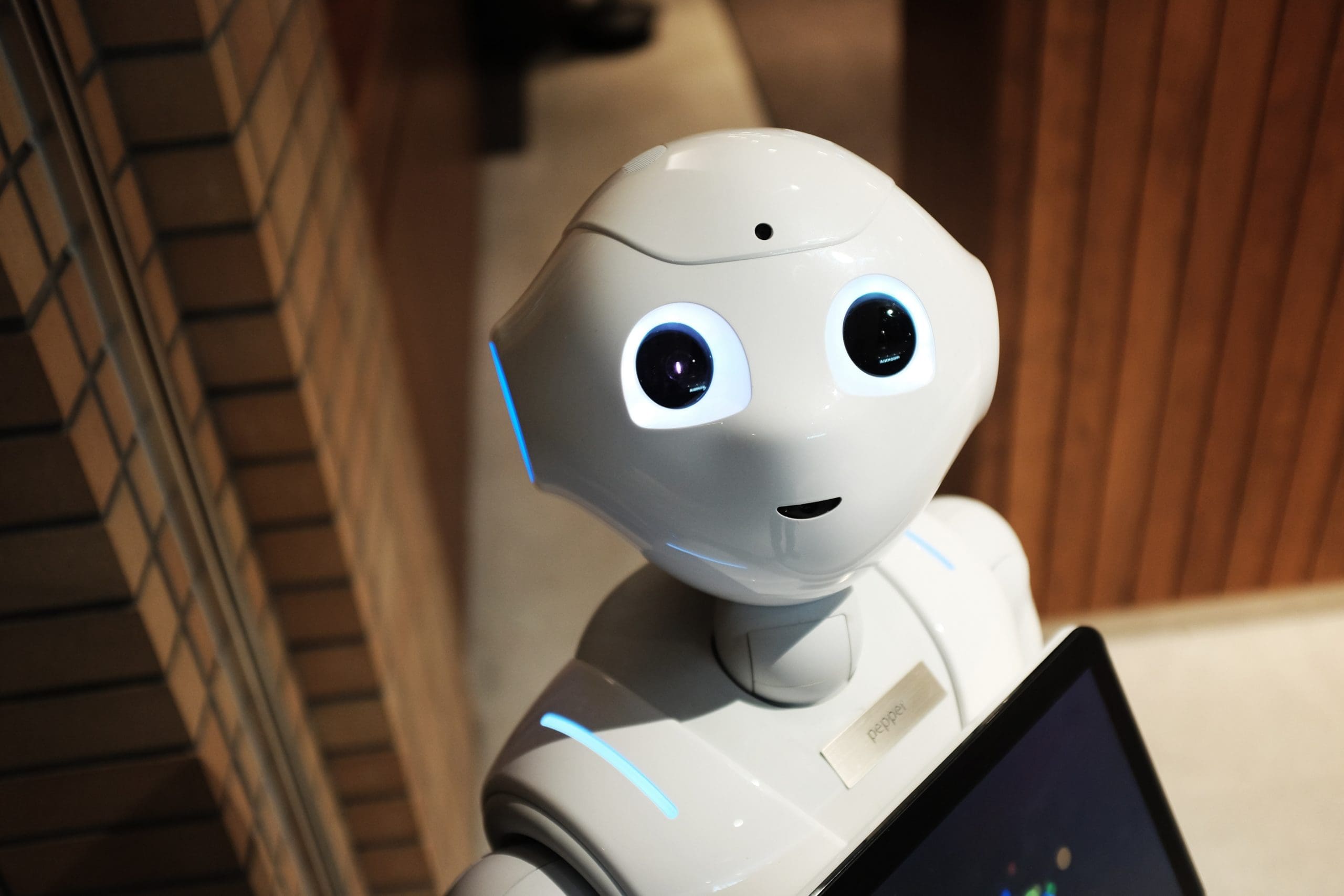In 2021, the times when guessing was the primary way to win a customer are long gone. Artificial intelligence tools and machine learning algorithms have already made a few major shifts in the marketing industry by now. By automating a large part of their work, marketers are now able to focus on creative assignments that require their psychological knack or empathy rather than simply mechanical work.
But as much as the COVID outbreak forced most businesses to go online, it also accelerated AI and ML development in the marketing field. The rapid growth of e-commerce generated even bigger piles of data, and customer needs have changed. The industry called for new solutions to keep up with the times. And while more innovations are totally coming in the future, we can talk about a few curious trends made possible due to AI and ML development.
Chatbots Have Become More Elaborate
Today, chatbots are nothing new. For a few years now, they’ve been with us answering questions, solving problems, and giving us a company when we felt lonely navigating a website. Largely thanks to the virtual assistants, most people are used to communicating with AI-powered characters and accept this part of reality quite well.
From dimwitted, tongue-tied robots to quite nice interlocutors, present chatbots have become even more sophisticated and received a new life. Now, they can solve complicated issues, drive sales, and even more often, a standard customer call can go without the involvement of a human assistant. Truth be told, two of three people can’t even tell a chatbot from a real person. And in fact, AI-powered tools have become so elaborate that a few years ago Facebook had to discontinue their experiment because their chatbot invented its own language humans didn’t understand.
As creepy as it sounds, but chatbots are helping marketers in many ways. Along with collecting data, they process tons of tasks – from simple questions-and-answers to promoting products, influencing customer decisions, and improving their overall experience. If you can’t afford a professional stylist – no worries – as an AI-powered fashion chatbot will pick a killer look for you.
Given its value, more and more businesses are investing money and effort in this technology. It’s a matter of time when every company and organization adopts chatbots for their online spaces. As of now, it’s clear, if you’re not one of them, you’re missing out on a very lucrative opportunity.
Voice Search
“I remember how around six years ago I was spending hours reading silly phrases for Google. “Where to buy coursework”, “best hospital Texas where”, “cry me a river”. It made no sense to me back then, but now I feel proud of being involved in teaching their machines to recognize human speech”, says Charlotte, a part-time freelancer.
A worldwide transfer to mobile devices raised new needs. People craved more hands-free access to use their devices on the move, and machine learning made it possible. It started with random people articulating random phrases and all the way grew into smart assistants who can understand human speech as accurately as 95%, which is really close to an actual human.
In fact, over half of their search requests, people do in voice, and this is the trend marketers can’t ignore. It means adjusting their content and marketing strategies so that they could reach customers even through the focused voice search. It’s yet unclear how long it will take before voice-focused marketing becomes a necessity rather than innovation, but it’s worth thinking this out as soon as right now.
Better Data Analysis
The idea that machine-learning tools help marketers to analyze tons of data is not new. In the past, we’ve already seen how brands improve user experience and offer better personalization based on their research of customers’ behavior, purchasing patterns, and demographics. In 2021, however, this experience will go above and beyond these factors alone.
As technologies progress, marketers receive exponentially more data. This not only includes the information customers themselves eagerly provide, but rather collected in the background, largely through biometrics, voice assistance technologies, and IoT devices. Marketers are yet unsure how to make 100% use of this data, but it’s clear that we can expect a new, even higher personalization level of marketing messages in the future.
As of 2021, social media are about to take the primary spot among promotion channels. Due to a variety of ML-powered tools, marketers can collect and analyze data about what people think and say, effectively interact with the audience through different SM channels, and manipulate information to create the right impression about the brand.
Better Customer Experience through AR and VR
For years now, AR and VR tools have been gaining their share in a variety of industries, including video games, education, and design. In a wider sense, however, it is still perceived as something out-of-the-world and rarely has any practical implementation rather than for entertainment.
But the tendency is about to change, as more and more businesses are trying to embrace these technologies for their marketing purposes. And by now, there are even a few precedents. For example, IKEA launched an AR-assisted app where you can try on their furniture for your home interior before you actually buy it. Along with being pure fun, this is a perfect marketing move that helps you out to make the right decision and saves the company from a good deal of returns and paperwork.
Some fashion brands didn’t want to lag behind either, and you may see how Gucci, Zara, Vogue, and Burberry implemented AR and VR solutions in their stores and advertising campaigns.
Bottom Line
Considering everything said, AI and ML tools are fast in reshaping our reality, and marketers have to adjust. Along with much simplified processes, there are new customer needs to satisfy and new marketing challenges to meet. We don’t know what the future holds, but we surely know that marketing will depend on smart tech and the software even more.
